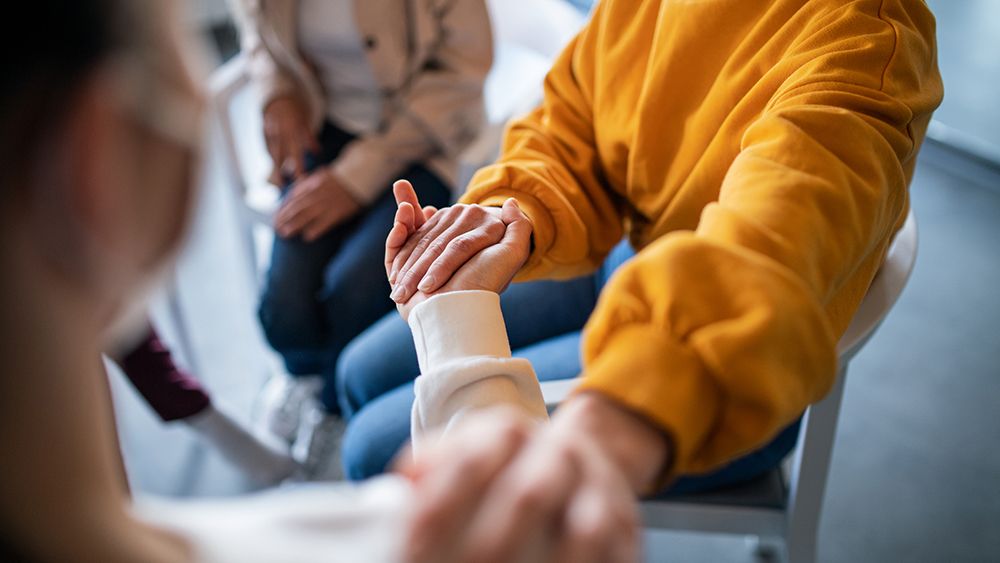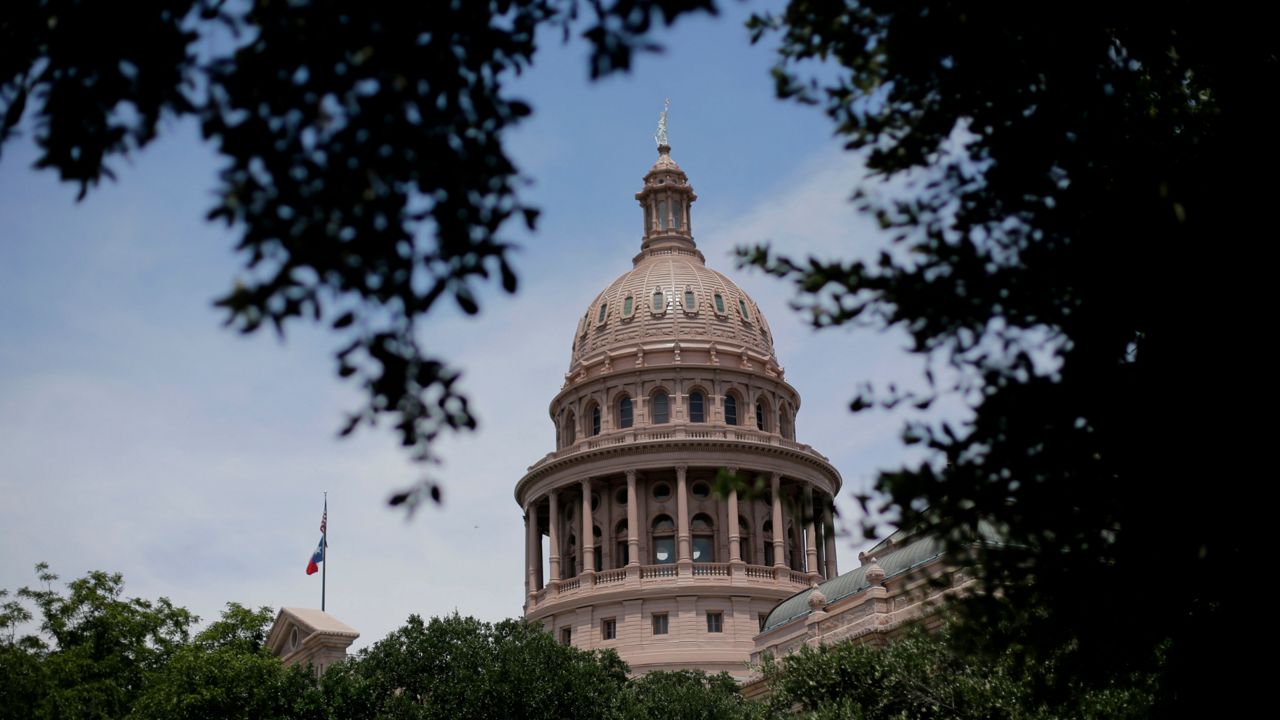TEXAS — A 2023 study that assessed the accessibility of mental health resources in the United States rated Texas low. The state suffers in areas of access to insurance and mental health treatment, according to Mental Health America data. And this wasn’t the first time the nonprofit booted Texas to the last slot.
While conversations ramp up about mental health, there’s still an unaddressed need for better accessibility to resources that could help people with getting treated. Mental illness in the United States has risen considerably since the COVID-19 pandemic in 2020. The National Alliance of Mental Illness (NAMI) reported that 50% of Americans said the pandemic negatively affected their mental health.
“Texans are over 5x more likely to be forced out-of-network for mental health care than for primary health care — making it more difficult to find care and less affordable due to higher out-of-pocket costs,” according to NAMI.It’s the cost of mental health care that’s been a barrier for many Texans. Since the state has the highest rate of uninsured people in the nation, access to health care can be much more expensive for a lot of Texans. Even the insured are at the mercy of costly mental health care. “Texans are over 5x more likely to be forced out-of-network for mental health care than for primary health care — making it more difficult to find care and less affordable due to higher out-of-pocket costs,” according to NAMI. Mental health experts say prices for counseling services can be as outrageous as $200, as most treatment services don’t fall under people’s insurance coverage, unless a clinician makes an official mental illness diagnosis.
Although few resources are available to people with financial constraints, it does not mean there aren’t any out there. In fact, there’s a few that cater to people in a lower-income bracket or anyone just seeking affordably accessible mental health care.
Starting with Austin, folks can find low-cost psychological services at Capital Area Counseling (CAC), once recognized as Capital Area Mental Health Center. In 1980, Capital Area Psychological Association members rebranded the clinic after seeing a great need for cost-effective counseling. “While there were low-cost medical clinics across the nation, no one had developed a mental health clinic using professional volunteers,” explained CAC on its website. “So not only do we offer quality mental health services, but we also provide an unparalleled training environment for pre- and post-graduate therapists.” Considering income and household size, CAC therapy fees can range from $15 to $60 per session, with the first intake session at $20.
For licensed professional counselors at a reasonable cost, people can seek the help they need through Alive Austin. And canine lovers can opt in to get some doggie therapy. Its services are offered on a sliding fee scale, but initial consultation is free.
In San Antonio you'll find St. Mary’s University’s Family Life Center, where clients are assigned to students that are clinicians-in-training. They’re enrolled in programs within the Department of Counseling and Human Services. The counseling services are open to the public, and costs are based on household income and personal finance to accommodate people with limited resources.
Our Lady of the Lake University’s Community Counseling Service (CCS) has been around for 40 years, delivering fair-priced mental health support services to the predominantly Hispanic Westside of San Antonio. Faculty members of OLLU’s Psychology Department manage staffing for the clinic, which includes counseling psychology masters’ and doctoral students. According to CCS, “All trainees are supervised by licensed professionals and masters’ and doctoral level graduate students. For the most part, we provide each client with a team of counselors to help them manage their problems in an efficient and comprehensive way. Clients find our therapy teams supportive and appreciate their professionalism.” To keep in line with affordable costs, CCS’s service costs follow the Texas Sliding Scale. Psychological assessments are $50 per evaluation.
Serving over 55,000 people in North Texas a year, Metrocare is a large presence in Dallas County. The facility “provides services to all individuals regardless of ability to pay. We do accept Medicaid, Medicare, CHIP, private insurance and self-pay. For those uninsured, services may be available free of charge following the completion of a financial assessment,” according to its website.
CounselingWorks, located in Dallas and Fort Worth, is a Christian counseling center. So, if you are someone who aligns with that philosophy, you can get the spiritual healing you desire — along with traditional therapy sessions. Costs for treatment are dependent upon household income and the ability to pay. First responders that pursue a therapy plan with CounselingWorks are able to receive discounted fees.
As a setback, people might encounter waiting lists for some of these services, which could cause a delay in care. But it circles back to a greater issue. Texas’ sprouting population calls for a greater demand in health care. However, mental health professionals are shrinking in size — not at all keeping pace with the growth rate of the state’s populace. That’s where nationally scaled services with some reach in Texas come in hand.
Open Path Collective is a national nonprofit that helps people access affordable mental and holistic health care in-person or online, and it’s inclusive of Austin, San Antonio and Dallas. As stated in the organization’s mission, “We envision a just, compassionate world where all people can easily access the care they need to thrive.” For a onetime fee of $65, a lifetime membership would connect you to Open Path’s network of counselors that are of lower cost from $40 to $70, and $30 for student intern sessions.
NAMI Texas offers community-based resources to an onslaught of different demographics faced with mental health issues. With a guide to help people find culturally competent care, there’s an opportunity for everyone to get the support they deserve. Free peer support groups, depending upon your local NAMI affiliate group, are provided as well.
Find the quality of care that works for you among the aforementioned counseling services. This doesn’t cover them all, but it gives you a place to at least start.
Although the state of Texas is struggling to meet the mental health needs of its community, national support lines are still at your beck and call. The U.S. Congress made 9-8-8 the designated number for the existing National Suicide Prevention Lifeline in 2020. It’s open 24/7. You can find here other local and national crisis services.








